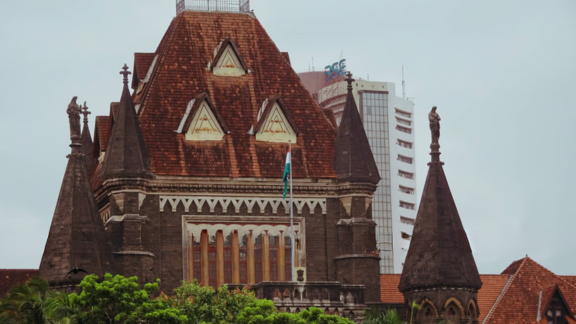The Bombay High Court recently expressed strong disapproval of a Judicial Magistrate’s failure to follow its directive to expedite the trial in a dowry harassment case [Chandragupt Rambadan Chauhan v. State of Maharashtra].
A Bench comprising Justice AS Gadkari and Justice Neela Gokhale criticized the Magistrate for not taking her judicial responsibilities seriously, rejecting the “feeble excuses” provided for the delay in complying with the High Court’s previous order. The Bench stated, “We cannot accept the feeble excuses given by the learned Judicial Officer for not complying with the directions issued in the Order dated 24th February 2021 and for showing scant respect to it. It appears that the concerned Judicial Officer is not serious about performing her judicial duties. This matter requires the attention of the administrative committee of this Court.”
As a result, the Bench called for action by the High Court’s administrative committee against the Magistrate.
The order came after the Magistrate submitted a report on July 31, explaining the delays in the trial process. She cited a heavy backlog of older cases and staff shortages as reasons for the delays. However, the High Court found these explanations unpersuasive, stressing that the Magistrate has the authority to take necessary measures to expedite cases, regardless of the challenges.
The Court expressed concern over the Magistrate’s apparent lack of seriousness in handling her judicial responsibilities and rejected her request for an additional six months to conclude the trial. The Bench noted that such a request reflected poorly on the functioning of the court.
Consequently, the High Court directed its registrar to forward the report submitted by the Judicial Magistrate to the administrative committee for further action. The High Court will revisit the matter after the administrative committee reviews the report.
Advocate Prashant Badole represented the applicant, Chandragupt Rambadan Chauhan, while Additional Public Prosecutor Vinod Chate represented the State.

















